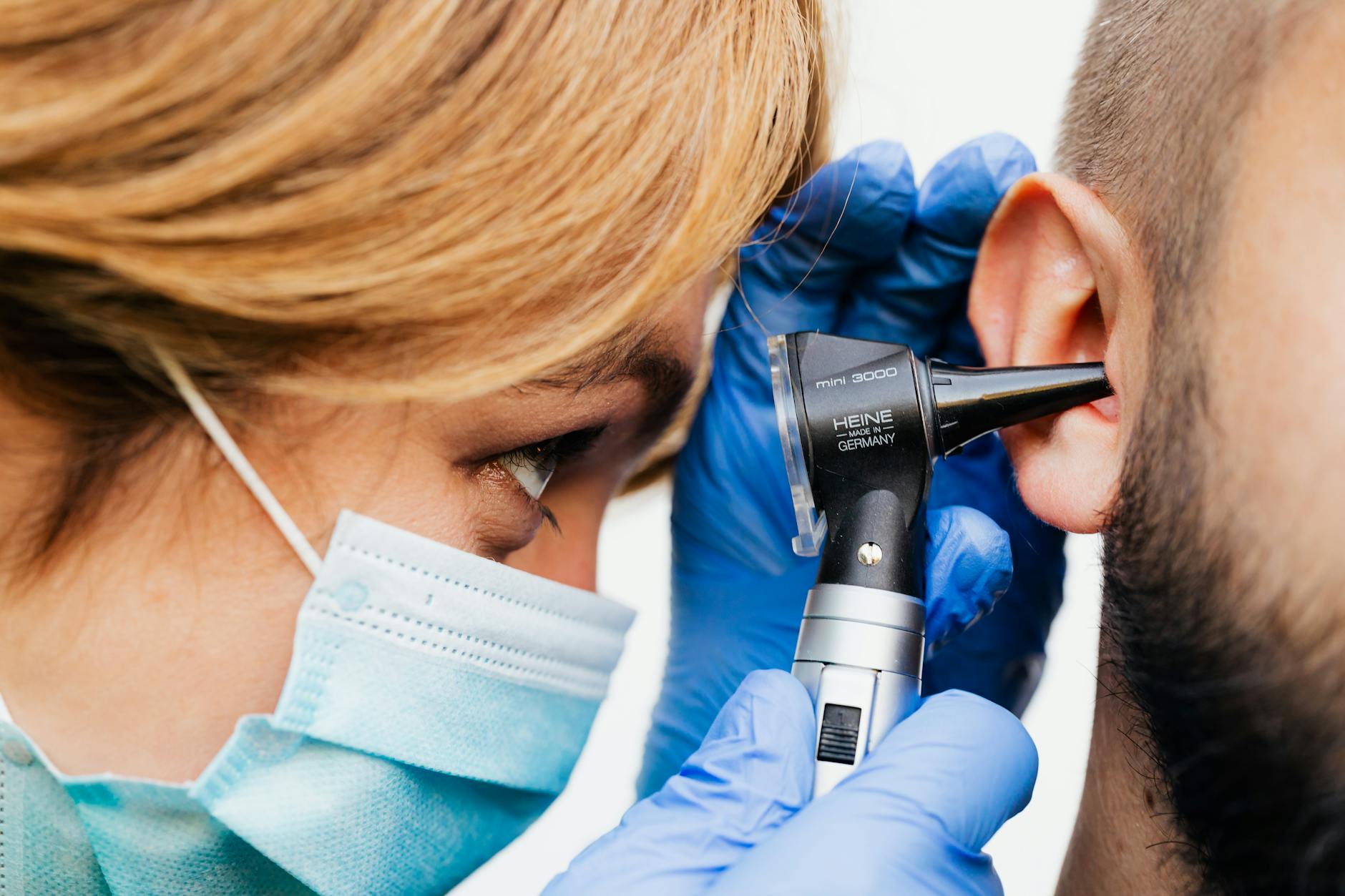
You don’t think of your nose until it stops letting you breathe
It starts one morning. One nostril tight. Just enough to notice. You breathe in and feel resistance. You sniff again. Then again. Nothing. It’s not dramatic. It’s just there. Like the air forgot how to arrive fully. You tilt your head. Try again. Still nothing. Something’s off—but you don’t know what.
You hope it fixes itself. Most things do.
You ignore your ears until silence feels louder than sound
Your left ear hums. Then it buzzes. Then one day, it stops participating. Sounds arrive late. Muffled. Distant. You shake your head. Nothing changes. People talk, and you nod. But you don’t really hear. Music loses texture. Rooms feel foggy. You start lip-reading without realizing. You feel disconnected. Slightly removed.
Like someone turned down the volume on your life.
Your throat has a voice of its own, and it’s not yours
It scratches. Then aches. Then goes quiet. You swallow and feel a scrape. A burn. A tug. You try tea. Honey. Silence. Nothing lasts. Your words lose shape. Sentences sound foreign in your own mouth. Someone says “It’s just a cold.” You nod. But it’s not just anything. It’s persistent. And intimate.
Like your body’s trying to tell you something secret.
They don’t treat symptoms—they listen to what’s stuck behind them
You meet them in a white room. But it doesn’t feel cold. Not entirely. They ask about sleep. About snoring. About pressure behind the eyes. They press gently around your jaw. They shine light into places no one else does. Not to find blame—but clues. They trace invisible discomfort.
They believe you before the tests do.
ENTs don’t just treat—you feel seen in the parts no one asks about
Your nose. Your throat. Your ears. They’re not just parts. They’re passageways. Sound. Breath. Taste. They shape how you exist. But no one asks, “How’s your nose?” No one says, “Is your voice tired?” Until now. And when they do, something softens. You tell them about mornings. About echoes. About feeling too full or too quiet.
They understand things you forgot to notice.
It’s not about finding what’s wrong—it’s about why it started whispering
They ask about allergies. Weather. Sleep. Past illnesses. Habits. They ask in layers. You didn’t expect that. You came for blocked ears. They ask about tension. They ask how long you’ve been tired. You say “Just recently.” But you’re not sure. You forgot when you stopped hearing clearly. When you started breathing through your mouth.
The timeline dissolves in their questions.
They hold tools like artists and speak like detectives
Tiny mirrors. Lights. Tubes. They peer into hollows you’ve never seen. They say words that sound like rivers. Nasopharynx. Turbinates. Laryngopharyngeal reflux. You nod. They explain. But you trust the way they move. Careful. Slow. Certain. They don’t rush. They don’t guess. They observe. And then offer a story that makes your body make sense again.
You feel heard—even in the silence.
An ENT doesn’t just fix you—they interpret your body’s quietest language
They ask you to say “Ahh.” You feel silly. But they’re watching something important. They ask if you get dizzy when standing. If one ear feels colder. If your jaw clicks when you chew. These questions feel unrelated. But you answer. And they connect things you couldn’t. Because you were living it. They were studying it.
Sometimes you need someone to map the fog.
They notice tension where you forgot you were holding it
Your neck. Your temples. Your shoulders. They press gently. Ask if it hurts. You hadn’t thought about it. But yes. It does. Suddenly. Sharp. They nod. You realize you’ve been clenching for months. For years. Protecting something unseen. And they name it. A blockage. A dysfunction. An inflammation. But also: a history.
You walk out lighter, without losing anything.
They diagnose things that feel like personality traits
You always assumed you were a mouth breather. A low talker. A light sleeper. But they pause. And say maybe it’s your septum. Or your tonsils. Or your inner ear fluid. You smile politely. But you’re shaken. What if this isn’t who you are? What if it’s just untreated?
They give you back parts of yourself you didn’t know were negotiable.
Surgery isn’t always the answer—but when it is, they offer it gently
Not with pressure. Not with fear. Just with clarity. They explain risks. But also relief. They walk you through recovery. They talk about breathing as if it’s art. They talk about sound as if it’s sacred. And in their calm, you start to believe healing is possible.
You leave with more hope than you arrived with.
ENT care is rarely urgent—but often life-altering
You won’t collapse without it. You’ll survive. But differently. Quietly. Less fully. ENTs don’t save lives. They restore the parts that make life worth saving. Taste. Sleep. Breath. Laughing without coughing. Listening without lip-reading. Swallowing without wincing. They bring back the forgotten.
And remind you that ease is not a luxury.
They treat the things that make you feel human
Singing in the car. Smelling coffee. Whispering secrets. Sleeping deeply. Laughing loudly. That’s what they protect. They don’t just treat infections or remove blockages. They preserve identity. And when that fades, they help retrieve it.
They return your senses. So you can return to yourself.
